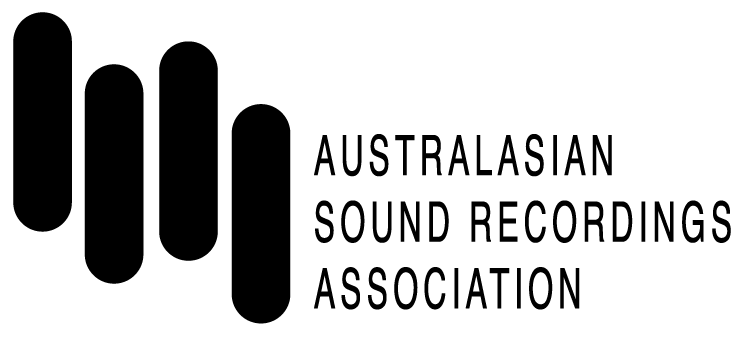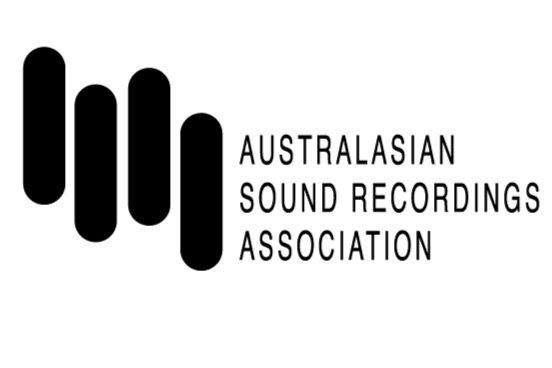Discussion about archiving, field recording, and experiences in remote Australia, Madagascar and Papua New Guinea
Tony Baylis La Sagrada Familia Barcelona, credit Fiona Baylis.
The early history of wildlife sound recording is one where the emphasis was individual species recording. From the beginning Ludwig Koch made recordings of individual animals, this was also the goal of other ornithologists such as Arthur Allen, Peter Kellog and Albert Brand in the United States. Modern day wildlife sound recordists have a much broader perspective. Archives such as Xeno-canto now have vast collections of individual species recording. The emphasis today has transferred to landscape recording and the collection of data from passive acoustic recording and subsequent machine processing. The technology has changed frequently from cutting disks in the field to the modern day use of digital.
Tony Baylis will share a bit of his experience from cassette to digital recording, and the associated problems of storage/archiving. Recording in remote locations, whether that is outback Australia, Madagascar or Papua New Guinea present, language apart, present similar challenges for the recordist. Tony Baylis will relate some that he personally encountered and make some observation on the loss of species numbers in Australia.


